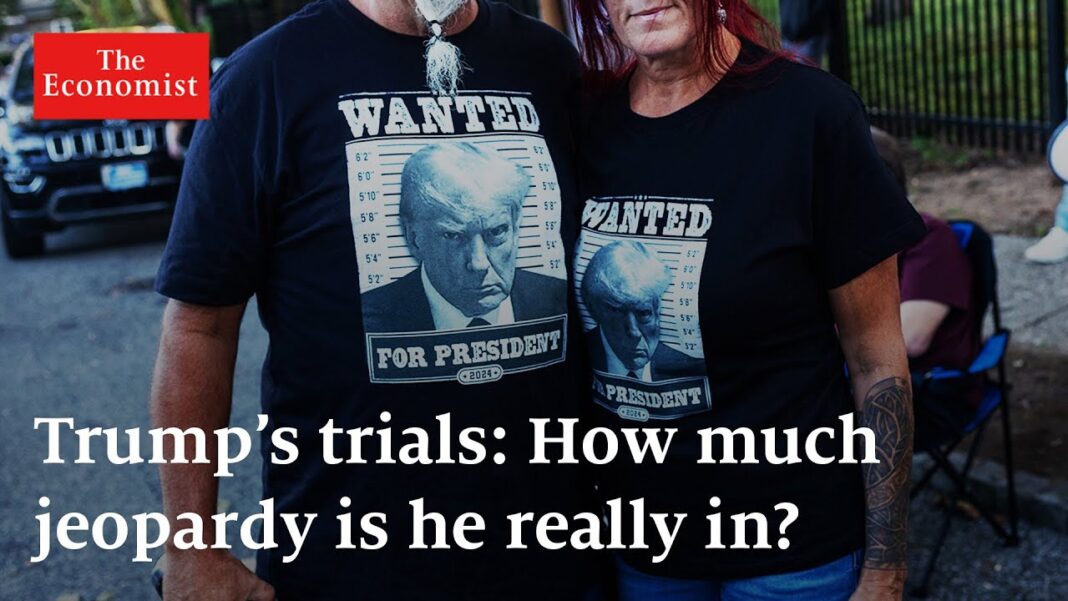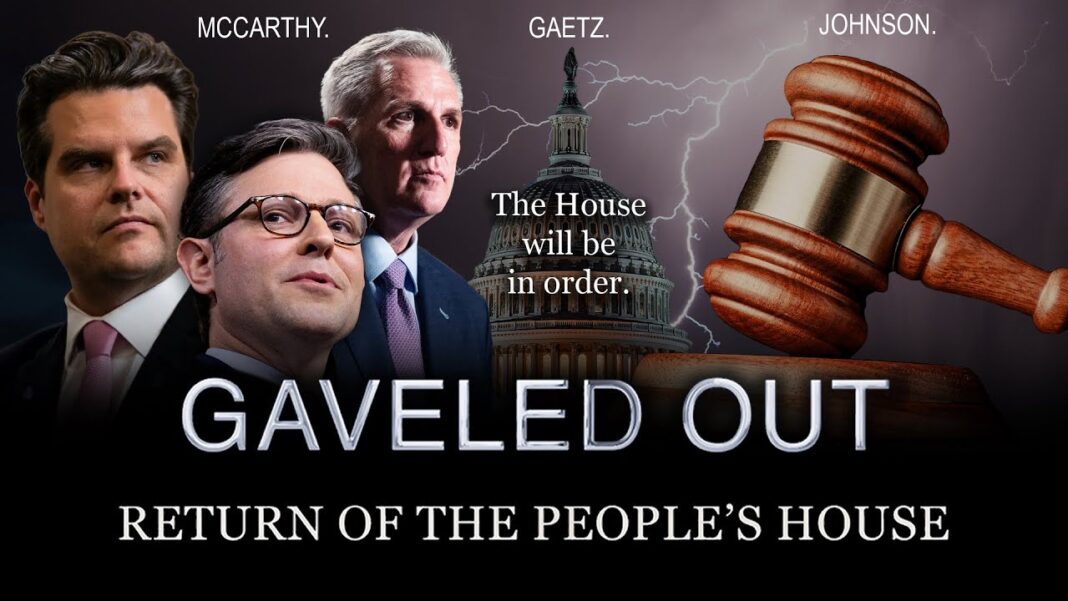New York attorney general’s $250 million lawsuit will inflame the 2024 candidate’s base, without addressing broader issues, say legal and political analysts.
When New York Attorney General Letitia James’s civil fraud proceedings against former president and 2024 candidate Donald J. Trump resume on Monday, Nov. 13, Trump’s lawyers, having lost their bid for an early verdict, will mount a spirited defense of their client and the legality of his business dealings.
President Trump himself believes, and asserted during an angry outburst in the courtroom on Nov. 6, that the attorney general has no case and has targeted him unfairly in an effort to quash his political prospects. He also claimed that bringing unfounded charges of fraudulent financial statements has set a terrible example and will drive entrepreneurs away from New York City.
“I think this case is a disgrace. It’s a disgrace for people wanting to move into New York. You have people being murdered on the street, and you have an attorney general sitting watching my every move. Legal scholars are saying it’s the most unfair witch hunt they’ve ever seen. It’s election interference, because you want to keep me in this courthouse all day,” President Trump said under cross-examination from government lawyers.
But whether or not Ms. James’s legal case has merit, and regardless of what its motives may be, it is ultimately not likely to sway real estate entrepreneurs and other movers and shakers who are thinking of relocating to or expanding their business in New York, legal experts and political commentators have told The Epoch Times.
Instead, the trial will focus the public’s attention ever more keenly on the selective nature of law enforcement under the current administration and the targeting of a political opponent whose creditors have not themselves alleged any breach of contract or fraudulent representations, the observers say.
Assessing the Valuations
Of course, nothing close to a consensus exists at this point in time as to the accuracy of the valuations contained in President Trump’s statements of financial condition or the legitimacy of his use of such documents in efforts to obtain loans from banks.







